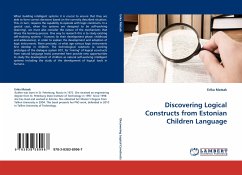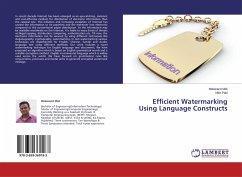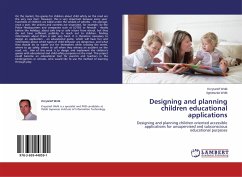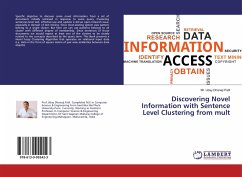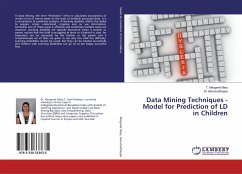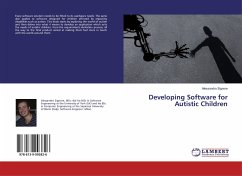When building intelligent systems it is crucial to ensure that they are able to form correct decisions based on the correctly described situation. This, in turn, requires the capability to operate with logic constructs. In a special case, when the systems are designed to be self-evolving (learning), we must also consider the nature of the mechanisms that drives the learning process. One way to research this is to study existing self-evolving systems humans (in their development phase: childhood and adolescence), in order to explain the development and adoption of logic instruments. More precisely, at what age various logic instruments first develop in children. The technological solutions (a working prototype of the dialogue system DST, for "mining" of logical constructs from natural language texts) presented here provide new opportunities to study the development of children as natural self-evolving intelligent systems including the study of the development of logical tools in humans.
Bitte wählen Sie Ihr Anliegen aus.
Rechnungen
Retourenschein anfordern
Bestellstatus
Storno

